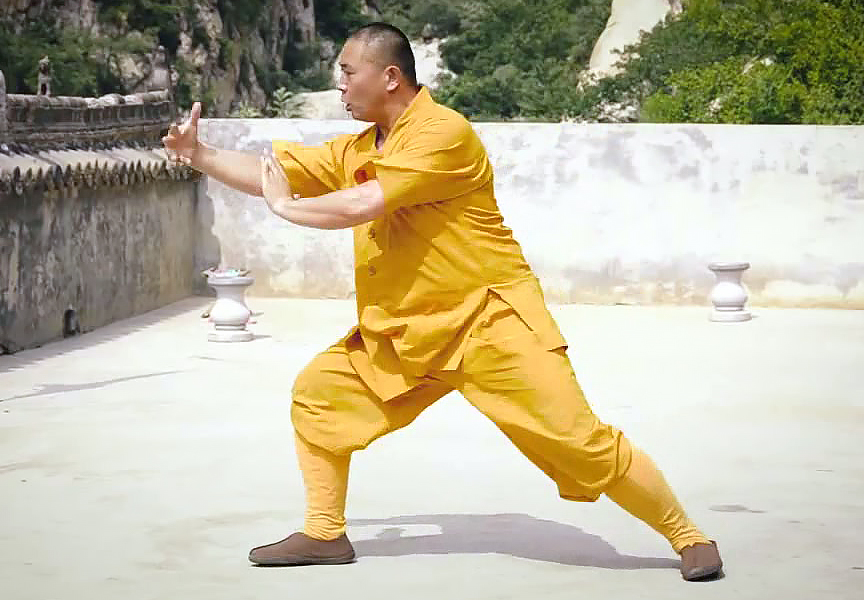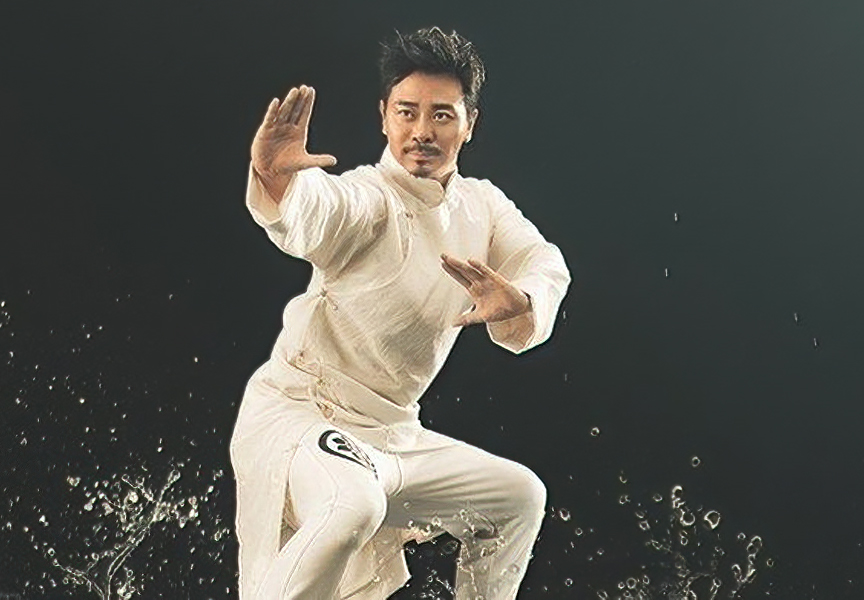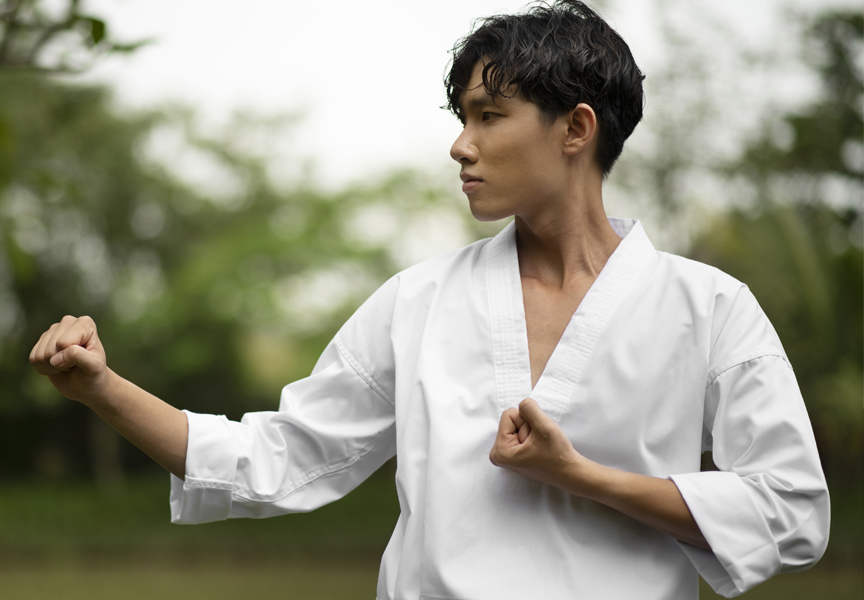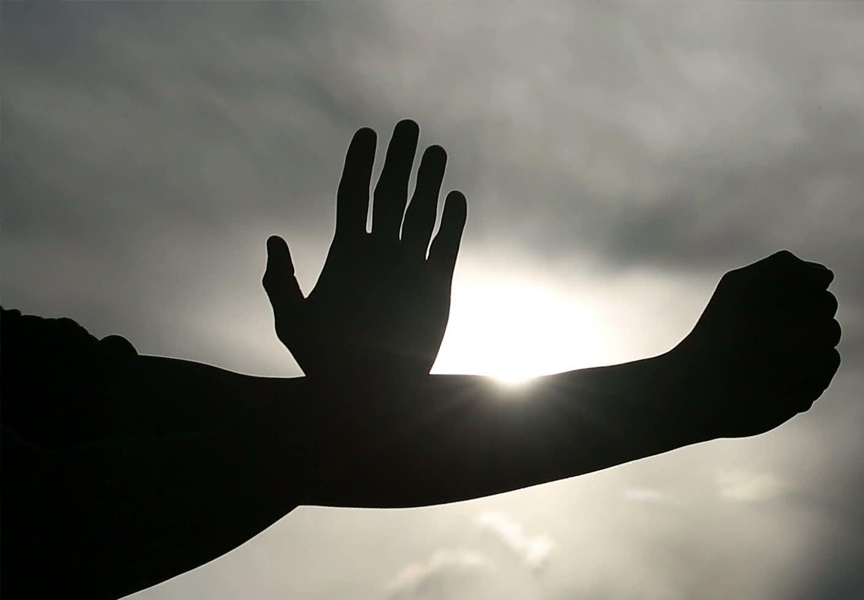Random Free Articles
- Preserving Ancient Wisdom

The Significance of Traditional Shaolin Kung Fu Forms In the realm of martial arts, Shaolin Kung Fu stands out as an ancient and revered discipline with a rich history that dates back over a thousand years. One of the hallmarks of Shaolin Kung Fu is the profound importance placed on preserving the original forms and techniques that have been passed down through generations. These forms are often considered a direct link to the ancient Shaolin…
- Taolu. The Artistry of Forms

Martial arts, deeply rooted in ancient traditions and philosophies, embody a rich tapestry of physical prowess, mental discipline, and cultural significance. One of the distinctive elements in Chinese martial arts is the practice of "taolu" [Chin.: tàolù 套路], commonly known as forms. Taolu is not merely a choreographed sequence of movements; it is a dynamic expression of a martial artist's skill, showcasing a harmonious…
- Upholding Tradition

The Responsibility of Practicing Traditional Martial Arts In a world where trends come and go with the blink of an eye, traditional martial arts stand as bastions of timeless wisdom, discipline, and cultural heritage. Rooted in centuries of history and philosophy, these martial arts aren't merely physical disciplines but profound systems of self-improvement and ethical conduct. However, as the popularity of martial arts grows, so does the…
- True Essence of Martial Arts

A Journey of Inner Cultivation In a world that often associates martial arts with physical prowess and the development of a sculpted body, it is time to shift our perspective and recognize martial arts as a form of art that transcends the boundaries of mere physicality. Beyond the kicks, punches, and acrobatics, martial arts demand a deeper commitment to inner cultivation, fostering a harmonious connection between the mind, body, and spirit.…
- Body Flexibility in Martial Arts

Martial arts, with its rich history and diverse forms, is not just about mastering kicks, punches, and self-defense techniques. It also requires an incredible degree of body flexibility. Flexibility is a crucial aspect of martial arts, as it not only enhances one's performance but also helps in preventing injuries. In this article, we will explore the significance of body flexibility in martial arts, its various types, and the benefits it…

